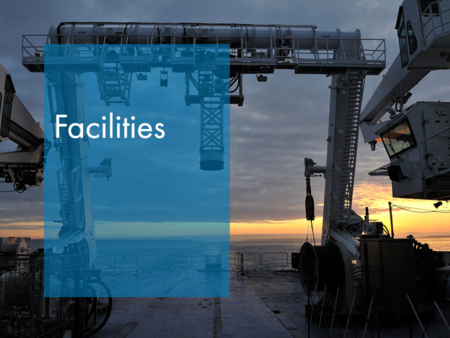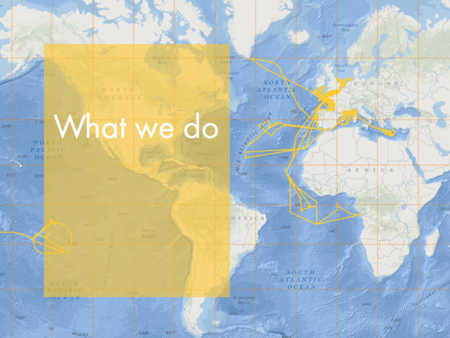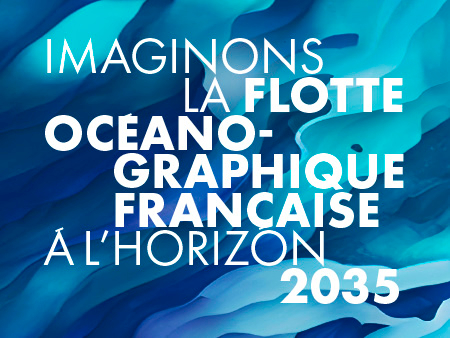2.5. Funding: days at sea, campaign preparation and post-campaign research
The general observation is that it is currently too difficult to get the necessary funding to run a campaign at sea and work on it in good conditions. Access to vessel time is obtained through projects submitted to the National Fleet Commissions (CNFs). However, the funding required to carry out a project properly is currently badly organised and random. In 2015, the Ifremer set up a support fund for campaigns with the aim of funding costs directly associated with carrying out campaigns (assignment costs, cost of transporting equipment and samples). This fund is popular, but it does not solve all the problems. Via its pre and post-campaign calls for tender, the INSU generally makes it possible to avoid cancelling the project but does not provide enough resources to finance the consolidated costs relating to data processing and sample analysis (post-campaign support is typically less than €10K per campaign). In 2016, the INSU contributed to this support fund device by reversing the sums initially attributed to pre and post campaign calls for tenders. The laboratories are obliged to jointly finance the campaign’s logistics aspects and, in the absence of funding for post campaign science, the data and samples are only partially exploited. The formats of the ANR or European calls for tender are not suitable as they are out of phase with the assessment and scheduling calendar for campaigns at sea, whilst the assessment calendar was brought forward to be in phase with ANR requirements. Furthermore, there is no intermediate funding between the ANR projects and the INSU projects and above all the chronology is almost impossible to build between the CNFs and these other possible sources of funding. There is therefore no coherence between the choice of programming the campaign and making the resources available to exploit it and make good use of it. For example, calls for tender for the United Kingdom, United States and Germany fund the entire project, meaning boat days and machinery, logistics, post-campaign science and the staff (PhD students, post-docs, engineers) and in the long term (projects of ~ 4 years).
To tackle this problem, the consulted community wants the budget linked to the campaigns to be individualised within a single point of contact from the FOF by means of agreements with the ANR and the organisations, boosting exploitation of the data and samples acquired during the campaigns. It would be ideal to copy how our main international partners work (e.g. UK, Germany), providing a single point of contact comprising one or several commissions enabled to evaluate the projects in their entirety and for all disciplines using the fleet. The new FOF structure could be commissioned and these commissions could be set up to assess and completely fund projects, including post docs and contracts (favourable opinion on the research quality → programming → pre-campaign funding → post-campaign funding).
Funding certain campaigns at sea also raises the question of public fund-private fund coordination. These projects financed by private funds are projects such as Pamela-Total (for which the INSU and university representatives participate in the COPIL) run the strict framework of the Ifremer target contract and service provision projects using the large core drill on the Marion Dufresne run by the IPEV. The projects linked to exploration of deep-sea mineral resources and to biodiversity studies that are tacked on, are run under inter-ministerial piloting in support of the public policy on institutional own funds and communicate for information purposes with the assessment commissions.




